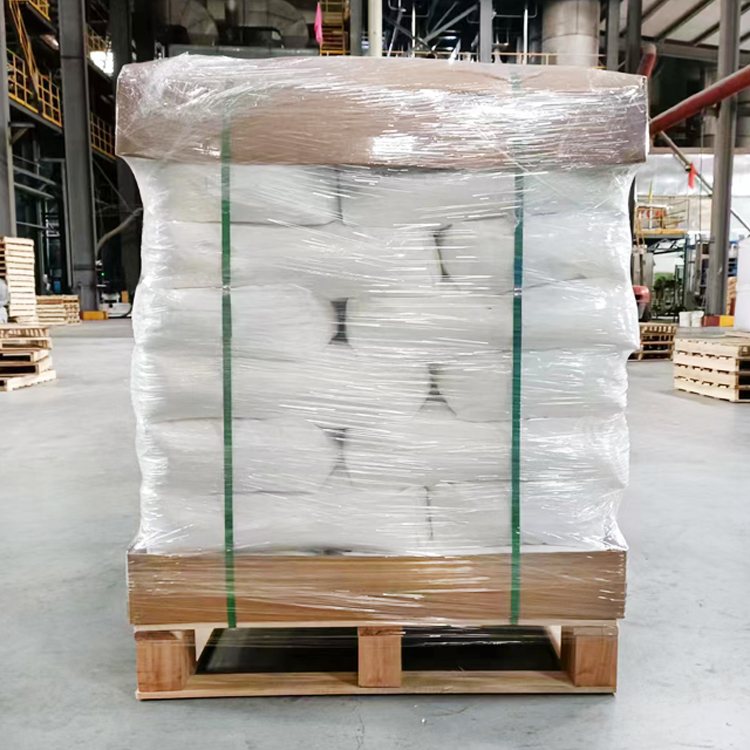

Concrete and cement mortar are fundamental building materials globally renowned for their affordability, versatility, and widespread application. However, their inherent porosity makes them susceptible to deterioration from environmental factors such as carbon dioxide, water, sulfates, and chloride ions, significantly reducing their lifespan.
Polyacrylamide (PAM) offers a promising solution to enhance the durability and performance of cement-based materials. By modifying both cement mortar and concrete, PAM effectively improves their resistance to chemical attacks and enhances their structural integrity.
Polyacrylamide serves multiple purposes when added to cement mortar:
Improved Water Retention: PAM fills the pores in cement mortar, enhancing water retention and fluidity during application.
Enhanced Adhesion and Durability: It improves the adhesion between mortar components, resulting in increased durability and resistance to chemical degradation.
Chemical Resistance: PAM enhances the resistance of Portland cement hydration products to corrosive substances, such as sulfates and chloride ions, thereby extending the lifespan of cement mortar.
When incorporated into concrete, PAM provides several significant advantages:
Reduced Brittleness: PAM reduces the brittleness of concrete, improving its flexibility and resistance to cracking.
Increased Flexural Strength: Concrete mixed with PAM exhibits higher flexural strength, interlayer bond strength, and toughness compared to ordinary concrete.
Improved Impermeability: Tests have shown that PAM increases the impermeability of concrete by up to 90%, significantly reducing water penetration.
Enhanced Performance: The addition of PAM enhances the overall performance of concrete in terms of durability, impermeability, and resistance to environmental stresses.
In construction, polyacrylamide is widely used as an additive in concrete, mortar, putty powder, and other building materials. Its role extends beyond improving structural properties to include flocculation, water retention, thickening, bonding, and lubrication.
Polyacrylamide's high viscosity and unique molecular structure make it particularly effective as a thickener in putty powder, a fire-resistant adhesive, and a water retention agent in mortar. Its versatility and effectiveness contribute significantly to the quality and longevity of modern construction materials.
In conclusion, polyacrylamide represents a valuable innovation in the construction industry, enhancing the durability, strength, and impermeability of cement-based materials. Its widespread adoption continues to drive advancements in building material technology, ensuring sustainable and resilient construction practices for the future.
For more information on how polyacrylamide can optimize your construction projects, please contact Tairan Chemical Company.